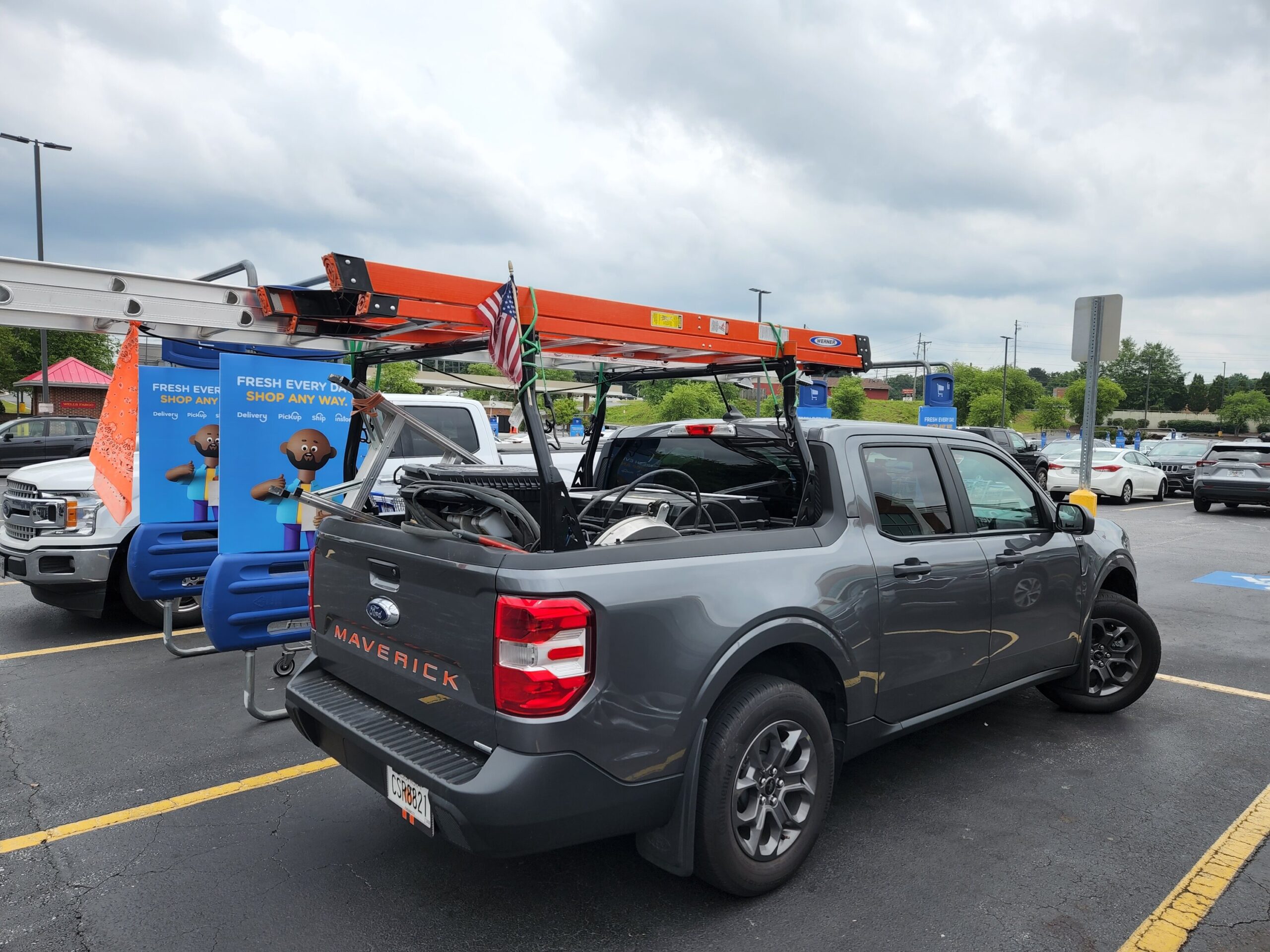“`html
Maverick Utility construction: A Deep Dive into Unconventional Approaches
The utility construction industry, responsible for the intricate networks that power our lives, is often perceived as traditional and resistant to change. However, beneath the surface of established practices, a wave of innovation is emerging, driven by a new breed of “maverick” contractors. These companies are challenging the status quo, embracing unconventional approaches, and pushing the boundaries of what’s possible in utility construction.
Defining the Maverick
What exactly defines a maverick in the utility construction world? It’s not simply about being rebellious or contrarian. Instead, it’s about a mindset that prioritizes innovation, efficiency, and a willingness to explore new technologies and methodologies. Mavericks are characterized by:
A focus on continuous improvement: They constantly seek better ways to do things, questioning existing processes and embracing change.
An early adoption of technology: They are quick to integrate new technologies, from advanced modeling software to robotic equipment, into their operations.
A collaborative approach: They foster strong relationships with clients, engineers, and subcontractors, working together to find the best solutions.
A commitment to sustainability: They prioritize environmentally friendly practices, minimizing their impact on the planet.
A willingness to take calculated risks: They are not afraid to experiment with new ideas, even if there’s a chance of failure.
The Drivers of Change

Several factors are driving the rise of maverick utility construction. These include:
The need for greater efficiency: As infrastructure ages and budgets tighten, there’s increasing pressure to complete projects faster and more cost-effectively.
The demand for higher quality: Clients are demanding more durable and reliable infrastructure, requiring contractors to adopt more rigorous quality control measures.
The emergence of new technologies: Advancements in areas like robotics, artificial intelligence, and data analytics are creating new possibilities for utility construction.
The growing focus on sustainability: Environmental regulations and public awareness are pushing contractors to adopt more sustainable practices.
The increasing complexity of projects: Utility projects are becoming more complex, requiring contractors to have a broader range of skills and expertise.
Unconventional Approaches
Maverick utility construction companies are employing a variety of unconventional approaches to address these challenges. Some examples include:
Prefabrication and Modular Construction
Instead of building components on-site, these companies are increasingly using prefabrication and modular construction. This involves manufacturing sections of the utility network in a factory and then transporting them to the site for assembly. This approach offers several advantages, including:

Reduced construction time
Improved quality control
Lower labor costs
Minimized site disruption
Digital Twin Technology
Digital twin technology involves creating a virtual replica of the physical utility network. This digital twin can be used to simulate different scenarios, optimize designs, and identify Potential problems before construction begins. This technology can lead to:
Improved planning and design
Reduced construction errors
Enhanced project management
Robotics and Automation
Robots are increasingly being used for tasks like pipe laying, welding, and inspection. This technology can improve safety, productivity, and quality. Examples include:
Automated welding systems
Robotic pipe handling equipment
Autonomous inspection drones
Data Analytics and Machine Learning
Maverick companies are leveraging data analytics and machine learning to optimize construction processes, predict potential problems, and improve decision-making. This can involve analyzing data from:
Construction equipment
Sensors and monitoring devices
Project management software
Advanced Materials
New materials are being developed that are more durable, corrosion-resistant, and environmentally friendly. These materials can extend the lifespan of utility infrastructure and reduce maintenance costs. Examples include:
High-performance polymers
Fiber-reinforced composites
Self-healing concrete
Challenges and Opportunities
While the maverick approach offers many benefits, it also presents some challenges. These include:
Resistance to change within the industry
The need for significant upfront investment in new technologies
The lack of skilled labor to operate and maintain advanced equipment
Regulatory hurdles and permitting challenges
Despite these challenges, the opportunities for maverick utility construction are significant. As infrastructure needs grow and technology continues to advance, these companies are well-positioned to lead the way in building a more efficient, sustainable, and resilient utility network. They are not just building infrastructure; they are building the future.
The Future of Utility Construction
The maverick approach is not just a trend; it’s a fundamental shift in the way utility construction is done. As technology continues to evolve and the demands on our infrastructure increase, maverick companies will play an increasingly important role in shaping the future of the industry. We can expect to see:
Wider adoption of digital technologies
Greater use of automation and robotics
A stronger focus on sustainability
More collaborative and integrated project delivery
A continued push for innovation and efficiency
The utility construction industry is on the cusp of a transformation. The mavericks are leading the charge, and their unconventional approaches are paving the way for a smarter, more sustainable, and more resilient infrastructure for generations to come. The future of utility construction is being built today, one innovative project at a time.
“`
maverick utility construction
